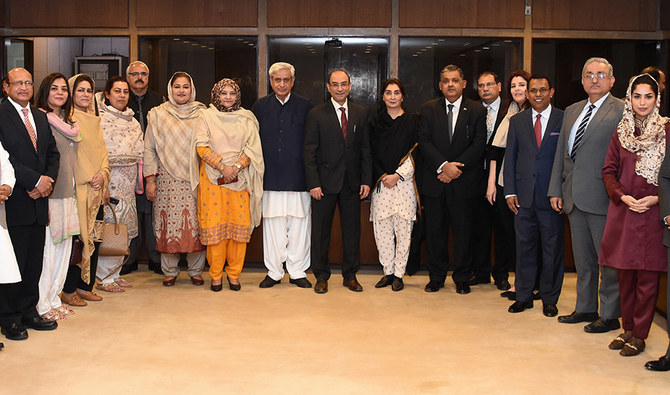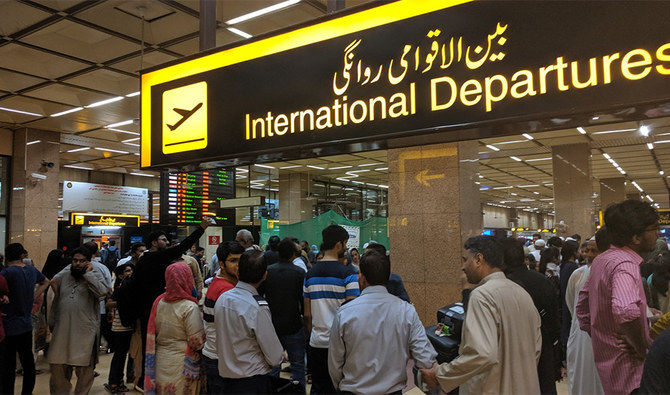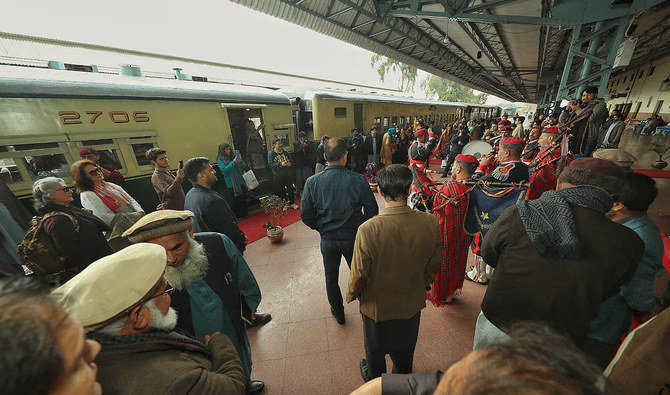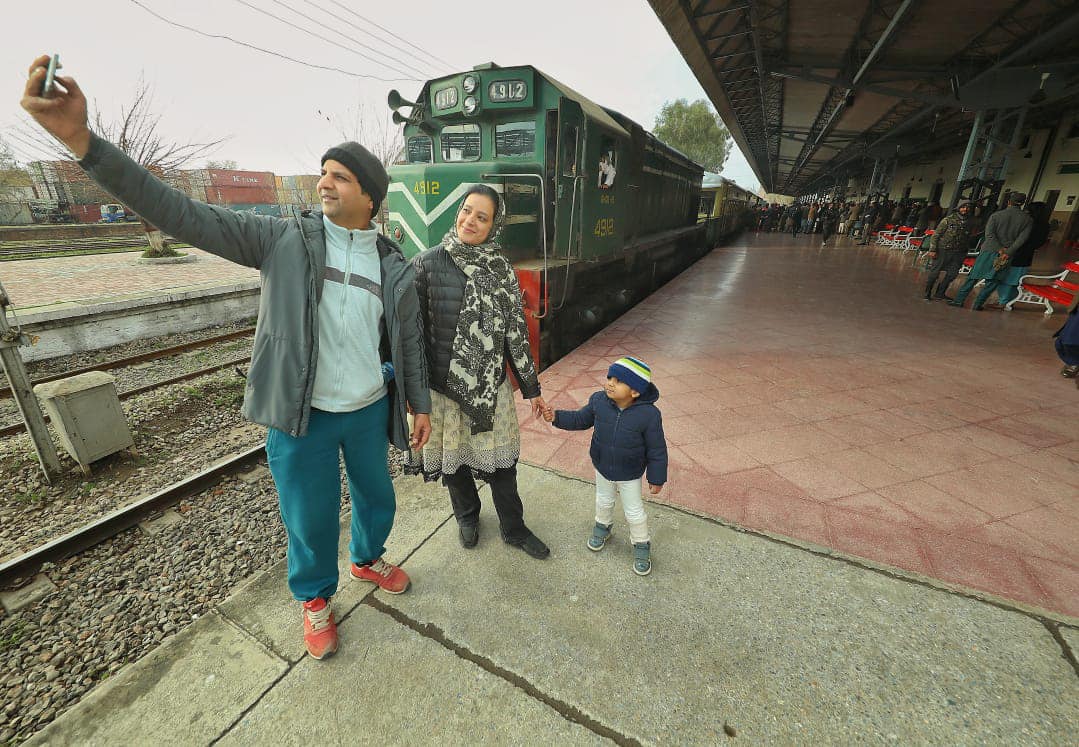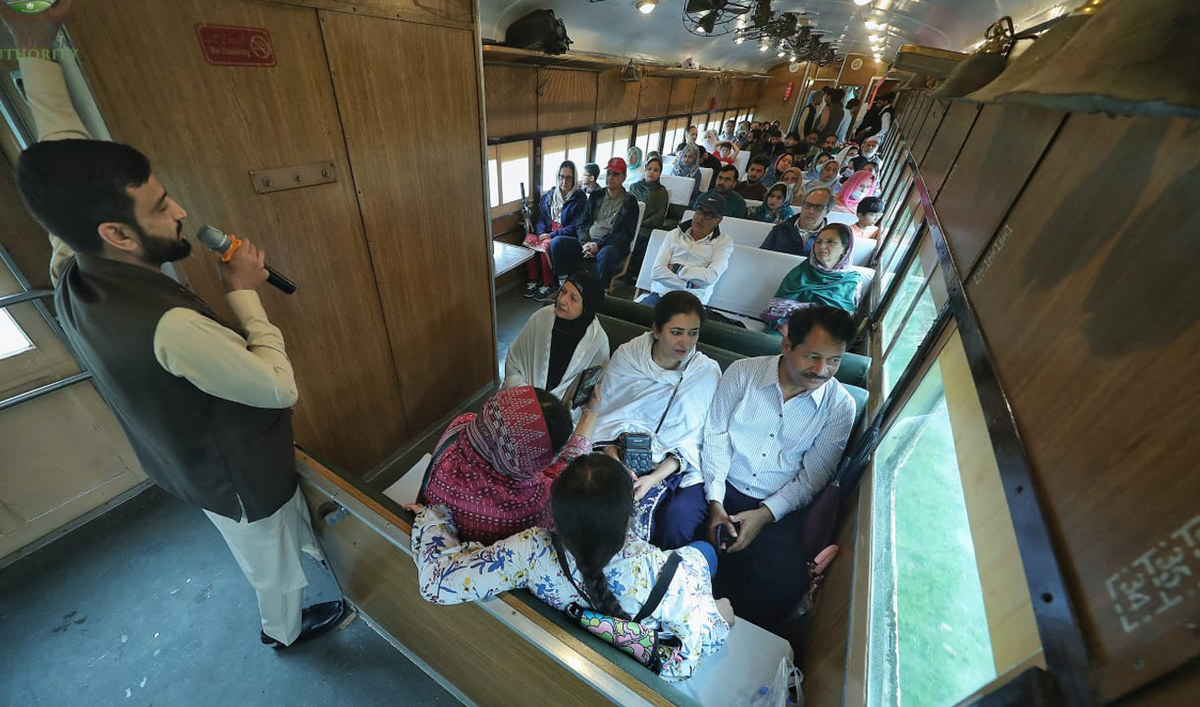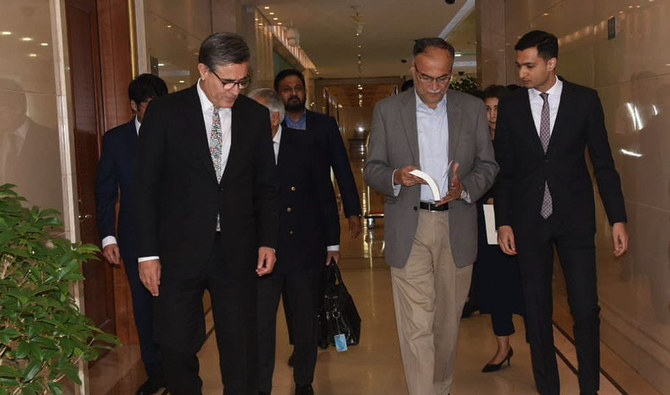ISLAMABAD: The Organization of Islamic Cooperation’s (OIC) special envoy for Jammu and Kashmir, Ambassador Yousef Aldobeay, will visit Pakistan and Azad Jammu and Kashmir from November 7 to 12, with a high-level delegation that will include the OIC’s Assistant Secretary General for Humanitarian Affairs, Ambassador Tarig Bakhit, and other senior officials, the Pakistani foreign office said on Saturday.
During the visit, Aldobeay will hold discussions with top officials on human rights, security and other issues related to Indian-administered Kashmir.
Kashmir has been divided between Pakistan and neighboring India since their independence from British rule in 1947. Both countries claim Kashmir in its entirety and have fought three wars over it.
“His [envoy] visit will reinforce the centrality of a just settlement of the Jammu and Kashmir dispute to lasting peace in South Asia,” the foreign office said in a statement.
“During his visit to Azad Jammu and Kashmir, the Special Envoy will interact with a cross-section of the Kashmiri society including the True Representatives of the Kashmiri People,” it said, saying he would visit a “model village” housing Kashmiris forced from their homes in Indian-administered Kashmir as well as meet victims of cross-border firing.
“These engagements will provide the Special Envoy a first-hand account of the gravity of the situation on the ground,” the foreign office said.
Instituted at the 14th OIC Summit in Makkah in 2019, the special envoy on Jammu and Kashmir has played “an important leadership role in steering the organization’s principled position on this issue.”
The special envoy earlier visited Pakistan and Azad Jammu and Kashmir in March 2020. The OIC Contact Group on Jammu and Kashmir at the level of Foreign Ministers also met on the sidelines of the 76th session of the UN General Assembly in New York in September. A delegation of the OIC’s Independent Permanent Human Rights Commission (IPHRC) also visited Pakistan and Azad Jammu and Kashmir in August 2021.



